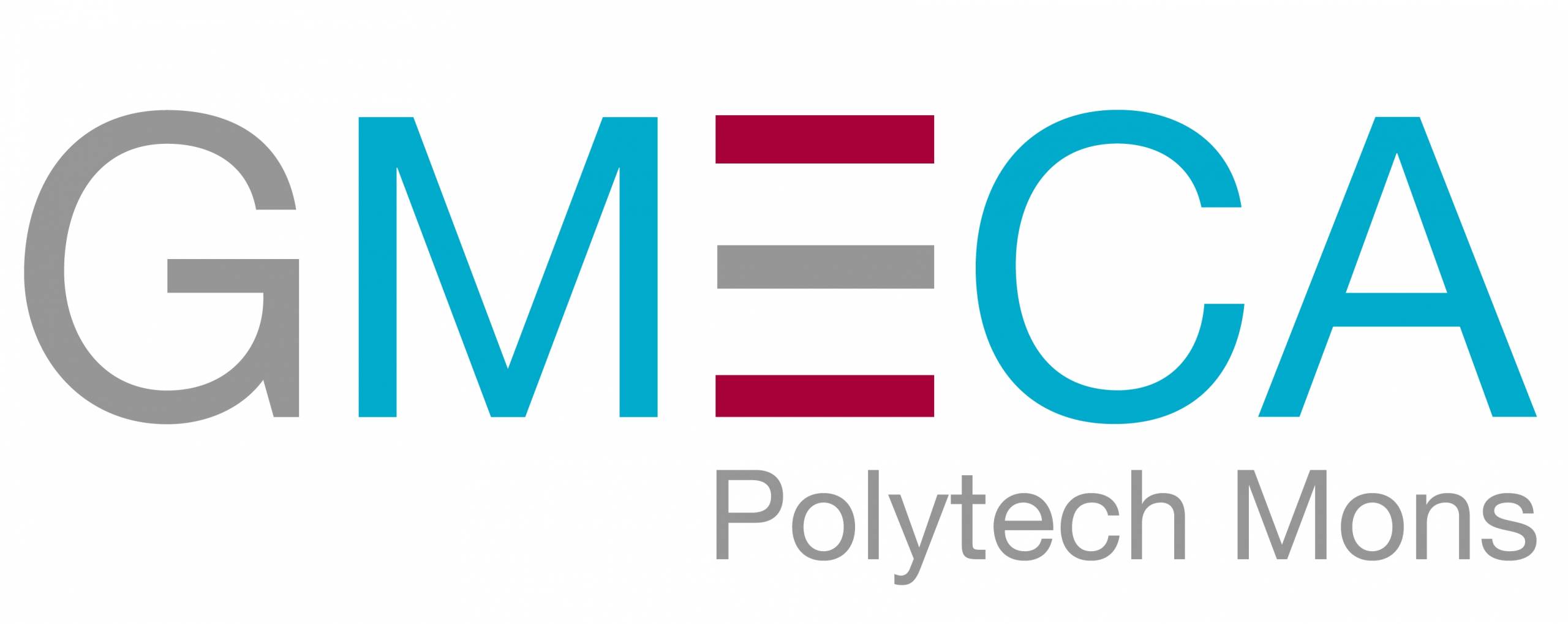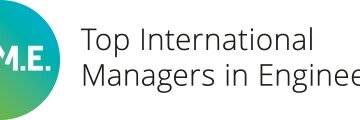CREAM 5.0 : Collaborative Research and Education for Asset Management 5.0
The CREAM5.0 project is an initiative of the Machine Design and Production Engineering Department of the University of Mons (UMONS), aimed at promoting international collaboration in the field of advanced manufacturing. This project has received support from the T.I.M.E. (Top International Managers in Engineering) association, a network of more than 50 leading engineering universities worldwide, dedicated to fostering student mobility and double degree programs. In particular, Doshisha University, Universidad Politécnica de Madrid, and Centrale Casablanca, as T.I.M.E. members, will closely interact to map and evelop original practices to address Asset Management 5.0 topics in engineering curricula. T.I.M.E. member universities aim to offer their students international training opportunities—especially through double degrees—and to strengthen ties between academic institutions and industry.
As defined by the European Commission, “Industry 5.0 complements the existing Industry 4.0 paradigm by highlighting research and innovation as drivers for a transition to a sustainable, human-centric and resilient industry. It moves focus from shareholder to stakeholder value, with benefits for all concerned. Industry 5.0 attempts to capture the value of new technologies, providing prosperity beyond jobs and growth, while respecting planetary boundaries, and placing the wellbeing of the industry worker at the centre of the production process.”
If engineering training programs have integrated the environmental objectives and technological opportunities of 4.0, it must be acknowledged that few initiatives are evident in addressing the human or societal impact on new modes of design, manufacturing, and use of products and services and the value of work in the society. The indicators to assess these aspects have not yet been formally defined, and the skills required to evaluate them go beyond the usual scientific and technological competencies of engineers, as they involve human resources and the sociology of work. Few initiatives have so far addressed the issues of Asset Management 5.0 (AM5.0). AM5.0 domain calls for greater interdisciplinarity, extending the engineer’s focus to sociology, workplace psychology, sustainability and applied ergonomics. In the age of cyber-physical systems, students must develop ecodesign, systemic and futuristic mindsets. Special attention will be paid to multicultural aspects, as the context and perceptions of these challenges necessarily vary depending on the regions where industrial activities are developed.
Several key milestones mark this project, which will have the merit of strengthening collaborations between the four partner institutions in Belgium, Spain, Japan, and Morocco:
- A kick-off session in late May 2025, following a prior exchange of documents on the asset management initiatives currently in place at each institution.
- An intermediate presentation at the General Assembly of Lappeenranta University of Technology, Finland to promote the CREAM50 ‘2026 Conference in Mons
- An international conference led by T.I.M.E. association, open to all members without registration costs.
Engineering schools must develop their Interdisciplinary Integration: It combines engineering disciplines with sociology, creativity to glimpse future scenarios, workplace psychology, and applied ergonomics to address human and societal dimensions—fields traditionally outside the scope of engineering education.
Our approach specifically emphasizes the multicultural dimension arising from multiple axes of influence—geographical, generational, and disciplinary—examined through academic, industrial, and societal perspectives. The inclusion of universities from Europe, Asia, and Africa strengthens this multicultural focus, ensuring that the curriculum and research reflect diverse regional perspectives and priorities. This initial project is likely to expand into broader and more ambitious discussions within the T.I.M.E. network. Engineering schools must break through their fortress: it is no longer the walls but the gateways that will ensure their prosperity.
The project remains open to all organizations that would like to contribute. Feel free to contact us.
Local contact @UMONS: Dr Lucas Equeter,


